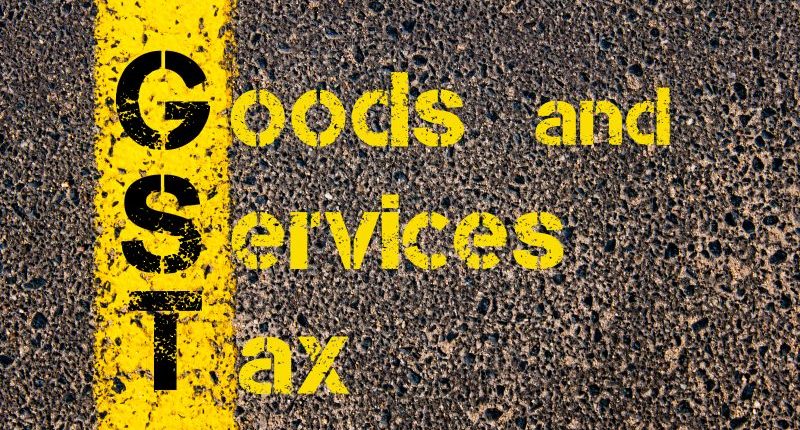Budget 2021 came out with several new updates in the income tax and GST laws. One such move was to do away with GST audit in the future. The Budget proposed two amendments in the Goods and Services Tax Act in Sections 35 and 44, stating that GST audit will no longer be a mandatory requirement for businesses. As per the Act, businesses with turnover up to Rs.2 crore, were required to get their accounts audited by a Chartered or Cost Accountant and furnish a certified reconciliation statement in Form GSTR-9C.
The government clarified that for the financial year 2019-20, businesses will still be required to get their GST audit done and reconciliation statements furnished. Hence, the date from when these amendments will come into effect is yet to be notified. While most businesses were thrilled with this move, since GST audit was an expensive and time-consuming affair, the CA fraternity has been against it.
The Institute of Chartered Accountant of India (ICAI) has, in fact, appealed to the Finance Minister Smt. Nirmala Sitharaman to restore the audit provisions in the GST Act. The reasoning given by the institute is that the pros of GST audit outweigh its cons. GST audit results in significant tax collections for the government and provides for a compliance check on the data furnished by businesses in their GST returns.
GST audit has been a source of debate for the past few years, even since the introduction of GST in India. Small businesses argued that the Chartered and Cost Accountants required them to take on GST compliance services throughout the year, to provide a certification at the end of the year. In addition to the mounting compliances under GST that prevented the ease of doing business, the additional costs involved were the most significant deterrent. This is one of the reasons why the government decided to eliminate the GST audit from the Act.
On the other hand, Chartered Accountants opined that there would be no maker checker concept if GST audit is to be eliminated. It is better to detect the disease in advance than prevent it later on. Even if the audit is not a mandatory requirement for all business entities, they should be made compulsory for large organisations. Complete removal of this requirement could lead to bigger problems in the future, as it will remove the chance of early detection, according to the representation made by the ICAI.
The official notifications confirming the removal of the sections relating to GST audit are yet to be released by the Central Board of Indirect Taxes and Customs (CBIC). But if the government decides to go ahead with the removal of GST audit as planned, then the financial year 2019-20 could be the last period for which the GSTR-9C will have to be filed, and an audit carried out, much to the pleasure of businesses in India.
For any clarifications/feedback on the topic, please contact the writer at athena.rebello@cleartax.in

I’m a Chartered Accountant by profession and a writer by passion. ClearTax lets me be both. I love travel, hot tubs, and coffee. I believe that life is short, so I always eat dessert first. Wait.. life is also too short to be reading bios… Go read my articles!





